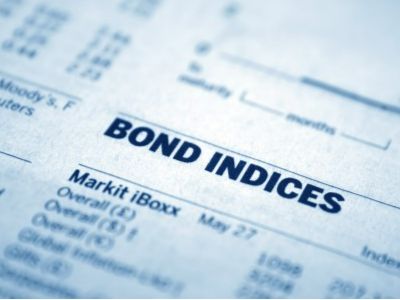China-Thai International: Hong Kong stock valuations are at a relatively low level, focusing on growth stocks and high dividend defensive stocks.
2024-09-16 14:20
Given the current extremely undervalued Hong Kong stock market, there is hope for a rebound. The liquidity easing brought by the Federal Reserve's interest rate cuts also helps. In addition to defensive high-yield stocks, growth stocks can also be considered for investment.
Renowned strategist at China-Thailand International, Yan Zhaojun, believes that the US presidential election will cause market volatility, and the tense election atmosphere will continue to influence capital market preferences. However, with Hong Kong stocks currently at extreme undervaluation, a rebound is expected. The liquidity easing brought about by the Federal Reserve's interest rate cuts also helps. In addition to defensive stocks with high dividends, growth stocks can also be considered.
Yan Zhaojun pointed out that historically, Hong Kong stocks have had mixed performance one month, three months, and six months after a Federal Reserve interest rate cut. However, interest rate cuts are generally favorable for all non-US markets, but whether Hong Kong stocks can sustain their rise ultimately depends on China's fundamentals. Furthermore, the US economy remains robust, and the extent of previous interest rate cuts is likely to be conservative, limiting the release of liquidity pressure on Hong Kong stocks.
Yan Zhaojun also stated that with Chinese government bond yields continuing to decline and the backdrop of an "asset shortage," it is difficult for short-term policies to provide strong stimulus. Funds will continue to be attracted to high dividend defensive stocks. It is still advisable to maintain a barbell strategy, focusing on growth stocks and high dividend defensive stocks. For example, the earnings forecasts for the Hang Seng Technology Index are being revised upwards, while the forecasted price-earnings ratio (PE) remains historically low, making technology stocks attractive.
Regarding the US presidential election, Yan Zhaojun believes that the policy agendas of both candidates may increase the risk of upward pressure on US fiscal spending, leading to persistent high interest rates. This may have limited effectiveness in alleviating liquidity pressure on Hong Kong stocks. However, compared to Trump, Biden's more moderate stance on issues such as tariffs and immigration may help reduce global trade tensions and mitigate the risk of significant inflation, which could be relatively positive for Chinese assets.
RECOMMEND

AMAC: In January, 137 new asset-backed special plans were filed, with a total scale of 1122.64 billion yuan.
26/02/2025

Schroder Investment: Investors should consider allocating funds to securitized credit and insurance-linked securities.
26/02/2025

Reuss County Asset Annual Reflection: Policy Tipping Point is very clear. The semiconductor industry in 2025 is a game for the brave.
26/02/2025


